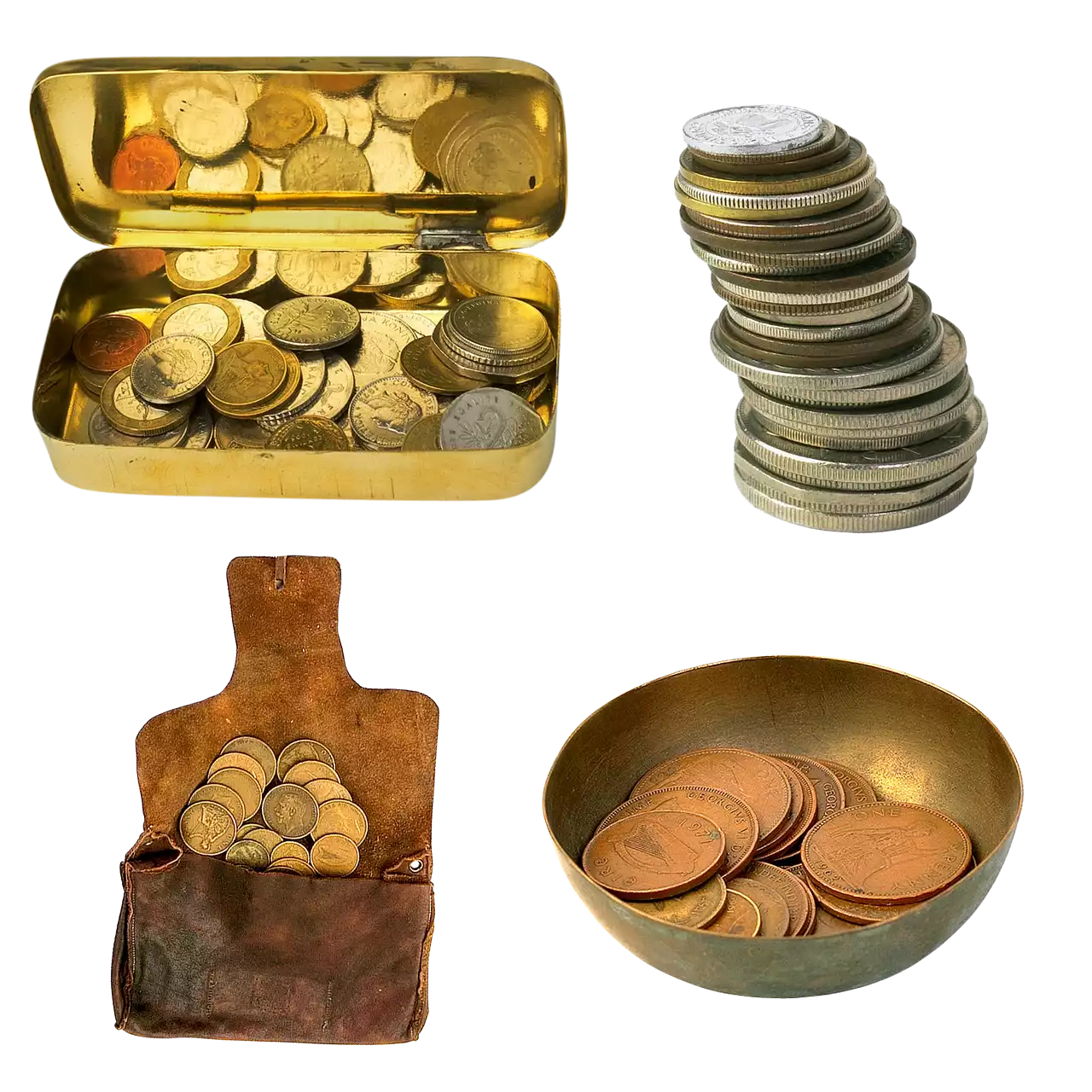What is life insurance?
Life insurance is a type of financial product that provides coverage for your loved ones in the event of your death. Life insurance policies come in two basic types: term life insurance and whole life insurance. Term life insurance is a type of life insurance that provides coverage for a specific amount of time, usually between 5 and 40 years. Whole life insurance is a type of life insurance that covers you for your entire life. The main difference between the two is that whole life insurance has an investment component, while term life insurance does not. The other main difference is the price. Term life insurance policies are generally much cheaper than whole-life policies. Term life insurance policies are also much easier to understand because they have a set payout amount. Whole life insurance policies are more complicated because they have an investment component that can be difficult to understand.
How do life insurance policies work?
As we mentioned above, term life insurance and whole life insurance have different ways of working. While term life insurance policies provide coverage for a specific amount of time, whole life insurance policies cover you for your entire life. Whole life insurance policies have an investment component that allows the death benefit to increase over time.
What are the benefits of life insurance?
Life insurance provides financial protection for your loved ones in the event of your death. Life insurance policies usually come with a death benefit that is paid out to your beneficiary. The death benefit is the amount of money that your life insurance policy will pay out in the event of your death. The death benefit can be used to cover any outstanding debts, like a mortgage, or it can be used to cover living expenses, like mortgage payments, car payments, and any other existing financial obligations. The death benefit can also be used to pay off a business owner’s debt like loans from a bank or an outstanding balance on a credit card.
What are the risks of life insurance?
Like with any financial product, there are risks associated with life insurance policies. The main risks of life insurance policies are poor investment returns and the fact that you cannot cancel the insurance policy once you purchase it.
How much life insurance should you get?
This is a difficult question to answer because it depends on multiple factors. How much life insurance coverage you need depends on your financial situation and what would happen to your dependents if you were to pass away. The amount of coverage you need will vary depending on your family situation. If you have a spouse and children, you’ll probably need more coverage than if you don’t. If you have a mortgage or other financial obligations, you’ll also need more coverage because those payments will need to be paid off. You can use an online life insurance calculator to get a rough idea of how much coverage you should have.
How to find the right life insurance policy
Before you purchase a life insurance policy, it’s important to do your research. The best way to find the right life insurance policy for you is to compare a number of different policies. You can do this by browsing online life insurance comparison websites or through a life insurance broker. You can also speak with a life insurance agent, though it’s important to shop around and compare a number of different policies before deciding which policy is right for you. You should also make sure that the life insurance company is financially sound. You don’t want to purchase a policy from a company that might not be able to pay out if something happens. You can check the financial health of a company through insurance rating services. These services rank insurance companies based on their financial health.
What to look for in a life insurance company
There are a few things that you should look for in a life insurance company before you purchase a policy. You want to make sure that the company is financially sound and that they have a good track record. You can do this by looking at the financial statements of the company and reading reviews from previous customers. You can also check the company’s rating with insurance rating services like A.M. Best or Standard and Poor’s. You also want to make sure that the company has a solid reputation.
Questions to ask before buying a life insurance policy
- What type of life insurance policy are you looking for? Make sure that you know the type of life insurance policy you’re looking for. This will make it easier to find the right policy for your needs.
- What is your expected death benefit? You can use an online life insurance calculator to get an idea of how much coverage you should have.
- How long do you plan to keep the policy? You also need to think about how long you plan to keep the policy. Most people keep a life insurance policy for 10 to 20 years after they have a child or become a homeowner.
- What are your current financial obligations? You also need to think about your current financial obligations. You’ll need to make sure that you have enough coverage to cover your existing obligations.
- What is your health like? In order to get a life insurance policy, you’ll need to get a physical exam. This is when you’ll find out just how healthy you are. Make sure that you know exactly what the exam will entail before you get it done.
- Will the company accept you? You need to make sure that the company will accept you. You can do this by getting your blood pressure and blood sugar levels checked. You can also get tested for conditions like diabetes or high cholesterol.









